Europa/ReinoUnido/bbc.com
Reseña: Sally, ahora de 20 años, cree que su angustia mental debería haber sido detectada años antes de recibir el tratamiento que la ayudó. Ella dice que se enfermó cuando comenzó la escuela secundaria. Los maestros lo notaron, describiéndola como «una niña extraña», pero al final fue Sally quien tuvo que pedirle ayuda a su médico y ella tenía 16 años y estaba al borde del suicidio antes de recibir un tratamiento efectivo.La organización benéfica Young Minds dice que no es raro que las familias tengan que esperar 18 meses incluso para obtener una evaluación para su hijo, y mucho menos para el tratamiento.
Sally, now 20, believes her mental distress should have been spotted years before she received treatment that helped her.
She says she became ill when she first started secondary school.
Teachers noticed, describing her as «an odd child», but in the end it was Sally herself who had to ask her doctor for help and she was 16 and on the edge of suicide before she got any effective treatment.
The charity Young Minds says it is not uncommon for families to have to wait 18 months even to get an assessment for their child, let alone treatment.
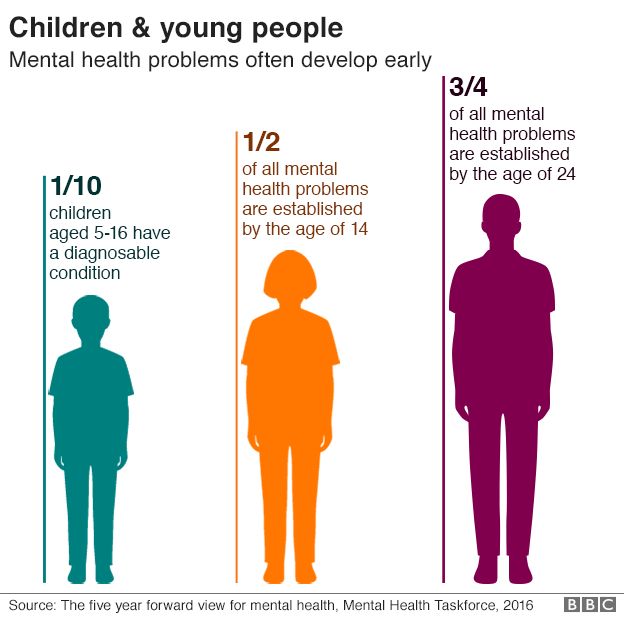
In December, the government announced plans to overhaul children’s mental health care in England, with proposals limiting waiting time to four weeks and allowing children to access mental health support in schools.
Now a report from MPs has branded the strategy «unambitious», providing no help to most of the children who need it.
But ministers reject the suggestion, saying their proposals will transform the system.
The plans include:
- far shorter waiting times for specialist support
- new mental health support teams in schools
- mental health awareness training in primary and secondary schools
- one in four schools to have the provision in place by 2022

Sally’s story
Sally says by the age of 12 she had very poor attendance and was self harming.
At 15 she Googled her symptoms and made herself an appointment with her GP.
But she says she had too little emotional intelligence or vocabulary to explain herself clearly to medical staff.
One nurse even accused her of being manipulative for crying and a doctor asked her if she was self diagnosing when she said she thought she might be depressed.
She says she got no effective treatment until she was 16 and found herself no longer able to tell what was real and what wasn’t.
She was suicidal and was eventually admitted to hospital and began the struggle towards recovery.
Now she is well enough to be taking a degree, holding down a part time job to help fund her studies.
«There are some absolute angels working in services and some really skilled people,» she says.
«And there also some people who have clearly never had a collaborative conversation with a young person in their lives.»
Of her treatment she says: «What I have got has been good. It’s just that it’s been so bitty.»
 Image copyrightPLACE2BE
Image copyrightPLACE2BEMPs on the Education Select Committee and the Health and Social Care Committee say the government’s plans risk leaving hundreds of thousands without proper care.
They are particularly concerned at the long time frame: «Rolling out the plans to only ‘a fifth to a quarter of the country by 2022-23’ is not ambitious enough,» they argue.
They worry that health and education workforces lack capacity to meet the proposed additional demands and fear the government could have underestimated the level of need as the proposals are based on out-of-date figures on demand for mental health services among children and young people.
They also say there is too little emphasis on:
- early intervention
- pressures such as social media or the current exam system
- helping groups more prone to mental distress – such as children in care or in the criminal justice system
Dr Sarah Wollaston, chair of the Health and Social Care Committee, called for services to be joined up «in a way which places children and young people at their heart and that improves services to all children rather than a minority».
Rob Halfon, chair of the Education Committee, called for urgent action by government «to address the mental health issues which children and young people face today».

Poppy’s story
Poppy was just five when she started scratching herself until she bled in frustration and anger.
She was also lashing out at her mother and at her elder sister.
But while she was violent and angry at home, she was quiet and compliant at school.
The family and their GP were bewildered.
But Poppy was lucky as her school is among just over 200 to have onsite counselling from the charity Place2Be.
Poppy had weekly appointments with a counsellor and so did her mother, Caroline.
After six months Caroline says she gained «an understanding of my child which I had never had before».
«It was a moment which transformed her life and our life as a family.»
Poppy’s distress stemmed from a highly sensitive awareness of what was going on around her and an inability to filter much of it out.
She finds change very hard to handle and can very easily feel a failure as she has very high expectations of herself.
She did her best to behave perfectly throughout the school day but, according to Caroline, «it would all come to pieces at home».
While Poppy, now seven, hasn’t changed as a person, her family now understand how to help her cope.
Caroline believes the outcome would have been very different without the charity’s quick and effective intervention.
«It would have carried on getting worse and I dread to think where we would potentially have ended up.
«We were incredibly lucky.»
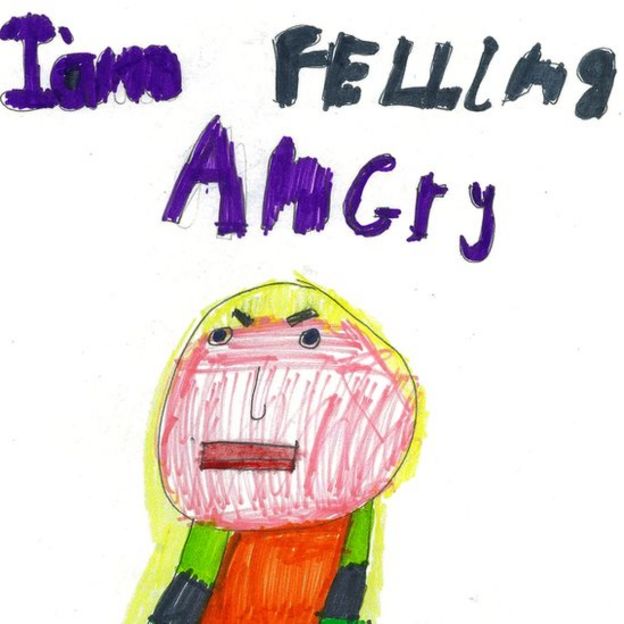
Place2Be says it wants to see all schools with enough dedicated funding, support and training to be able to run services like theirs.
But school leaders warn that funding for professional mental health services in schools has «plummeted».
«There are not enough resources there already,» said Paul Whiteman general secretary of the National Association of Head Teachers.
«Teachers aren’t the ones who should be treating mental health. We should leave that to the experts in that field.»
Sarah Brennan, chief executive of Young Minds said: «If the government is serious about improving children’s mental health services it needs to guarantee increased long term funding and place more emphasis on preventing mental health problems from developing.»
And Dr Andrew Moldynski of the British Medical Association said: «Rather than diverting funds from schools which are already struggling with their own limited resources, the government must provide the urgent funding required to ensure that Child and Adolescent Mental Health Services has a universal reach and staff are adequately supported to oversee meaningful change.»
But a government spokeswoman said the proposals would «transform mental health services for children and young people, including the first ever waiting time standards for those with the most serious problems».
«This will be supported by a new workforce – larger than the entire current workforce – and backed by £300m of additional funding that will also provide significant additional resources for all schools. This builds on what good schools are already doing, without adding unnecessarily to teachers’ workloads.
«We agree that every young person should be able to access mental health support – however we need to ensure we get this right, which is why we will pilot this approach to make sure services are correct.»
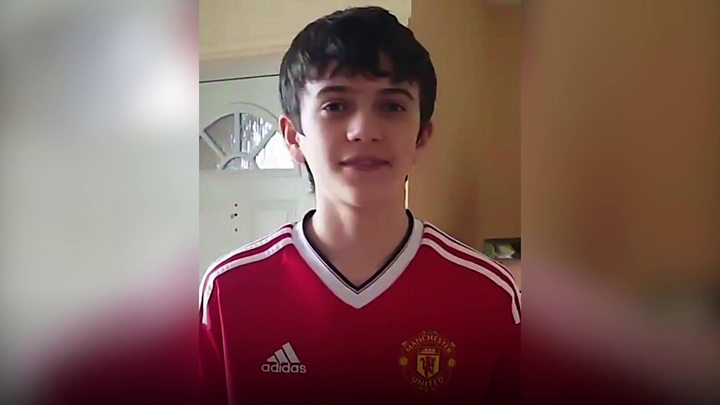
Some names have been changed

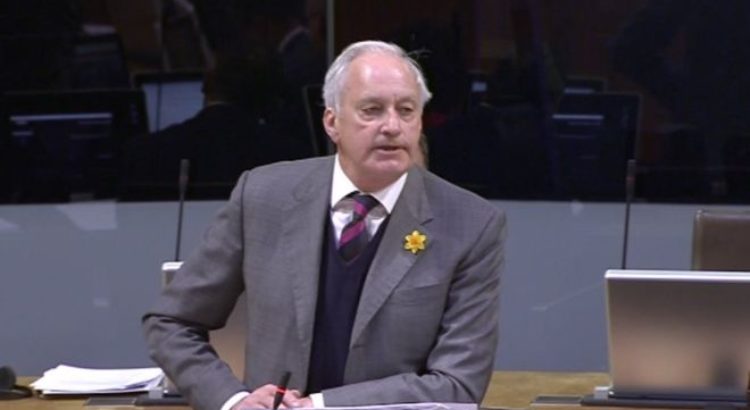
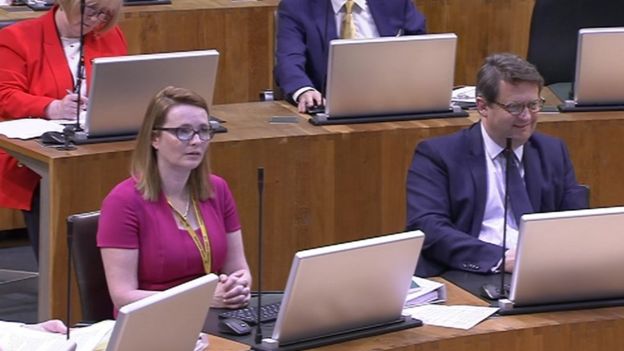
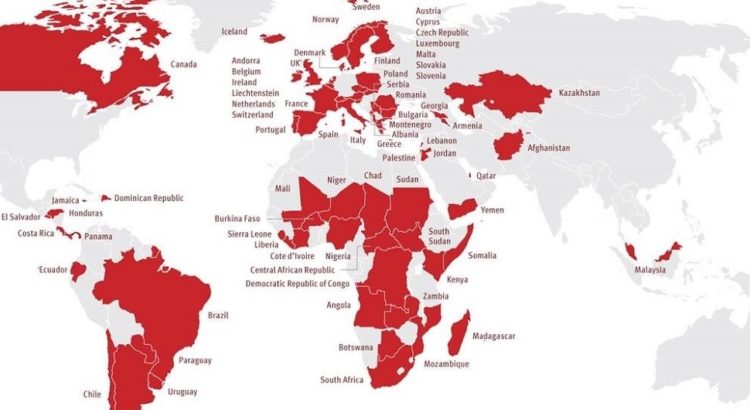
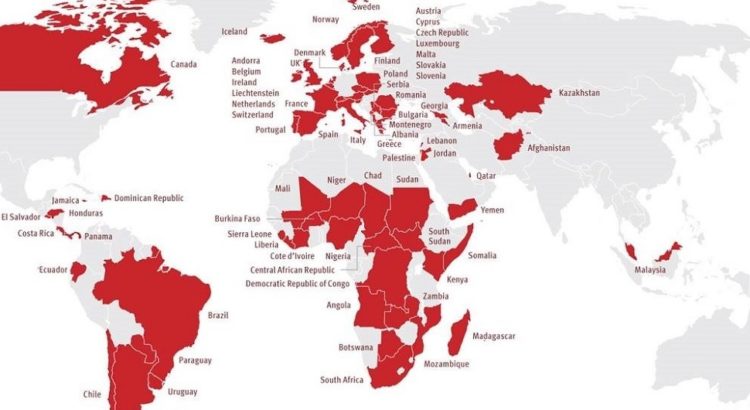

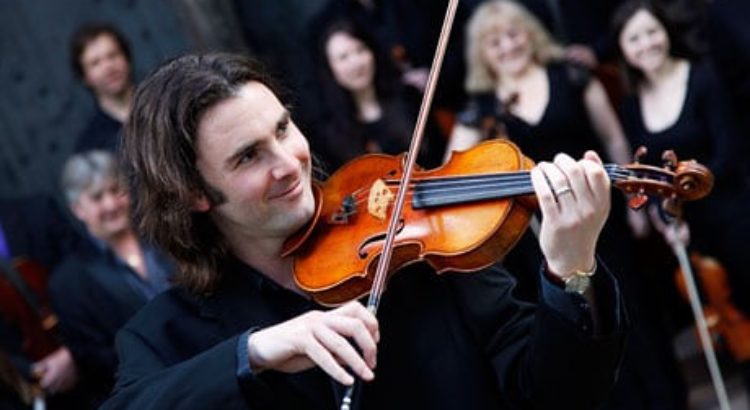
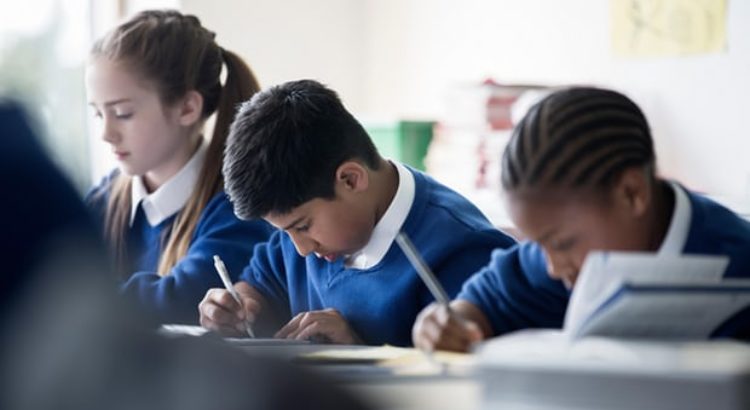





 Users Today : 92
Users Today : 92 Total Users : 35459998
Total Users : 35459998 Views Today : 128
Views Today : 128 Total views : 3418593
Total views : 3418593